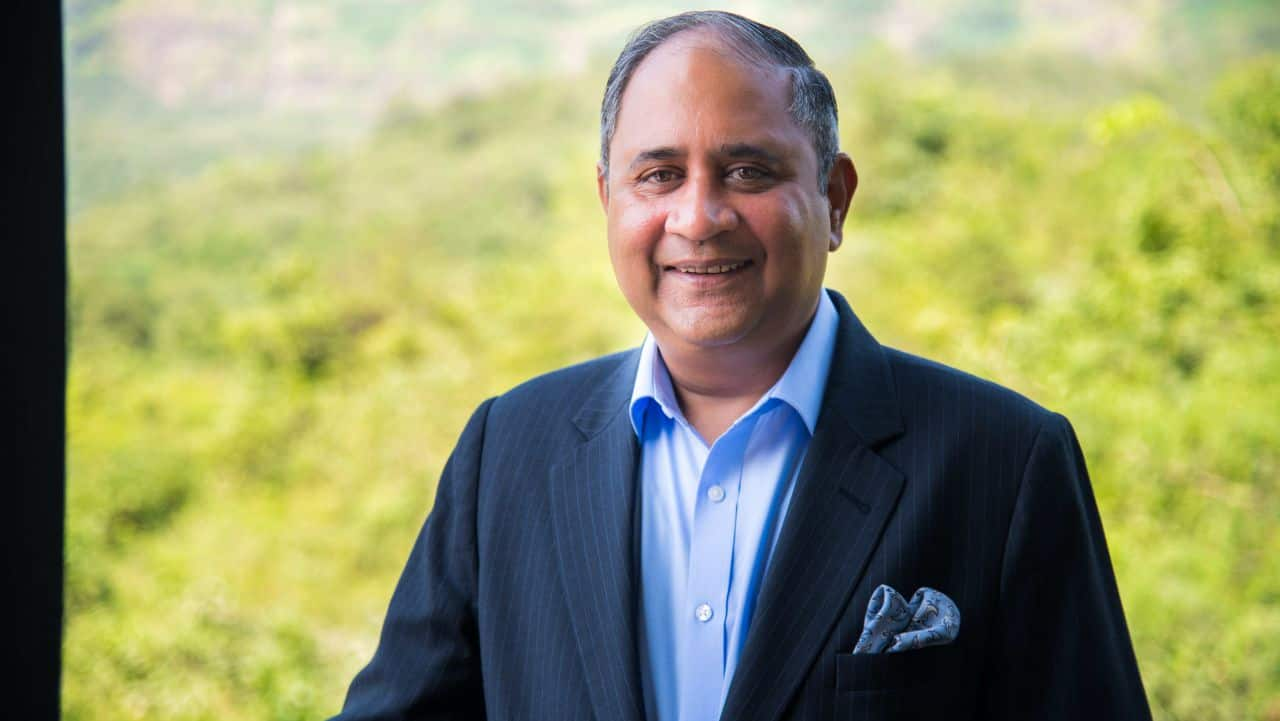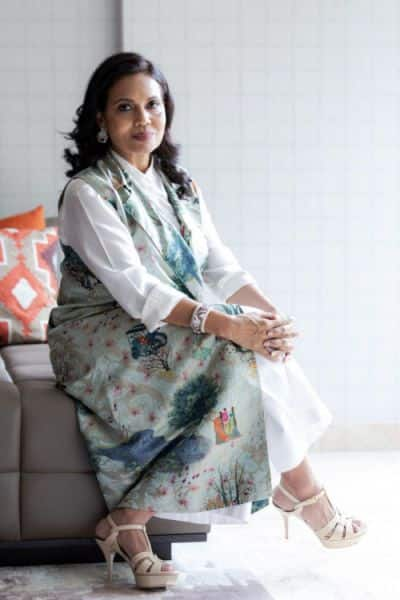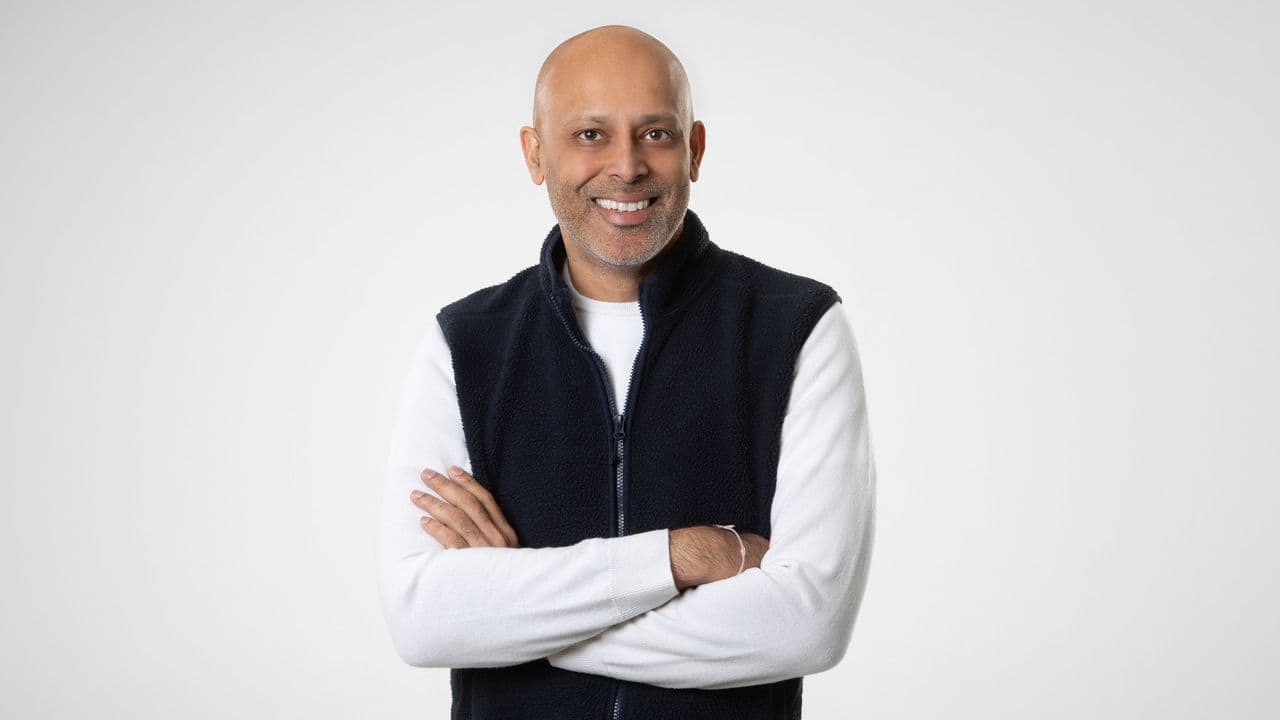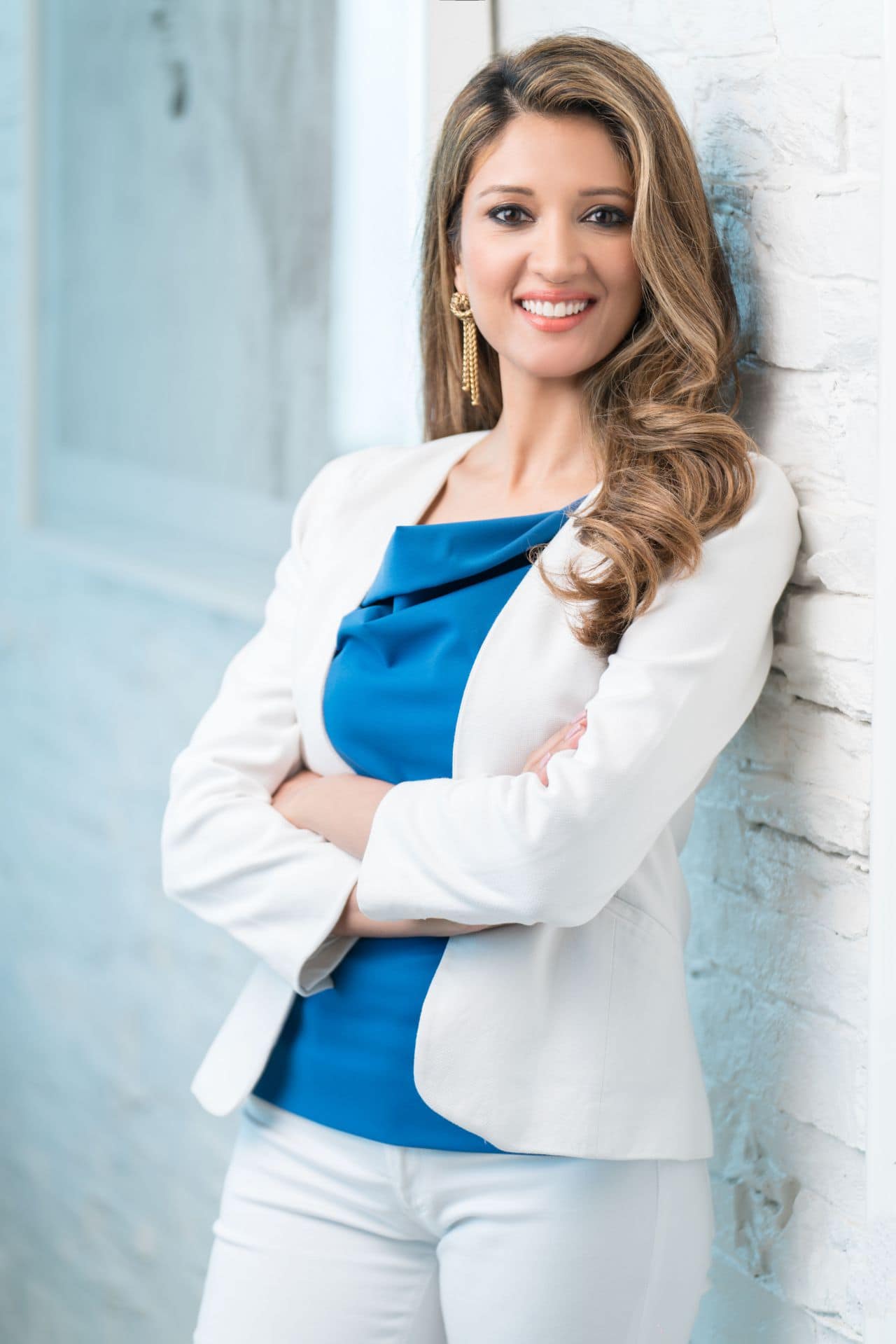



 There is a visible trend of travellers opting for luxury wellness experiences as opposed to just leisure holidays. In the few months that we were open after 2020’s lockdown, we saw an influx of consumers wanting to combine holistic wellness with their weekend getaways and vacations. Especially after the long period of being stuck indoors, people had more incentive to indulge in feel-good experiences that are rejuvenating and detoxifying in nature.
There is a visible trend of travellers opting for luxury wellness experiences as opposed to just leisure holidays. In the few months that we were open after 2020’s lockdown, we saw an influx of consumers wanting to combine holistic wellness with their weekend getaways and vacations. Especially after the long period of being stuck indoors, people had more incentive to indulge in feel-good experiences that are rejuvenating and detoxifying in nature.
Over the next two years, we will likely witness more domestic consumers coming in from closer distances (to the spa resort) due to continued restricted travel and safety concerns. We are expecting it to be a while before we see a significant return of inbound consumers.
Adaptation is the key to success, and this is particularly true for the current situation. For a sector such as wellness hospitality, which was so dependent on human contact, we have had to rethink our entire foundation — from operations to offerings.
The sector will embrace digitalization to provide contactless wellness experiences that are holistic, integrative and authentic. Several basic operational activities such as menus and orders have gone virtual.
Consumers are actively seeking out wellness therapies, and retreats that involve reduced touch points. They are more conscious about every aspect of the experience, given the nature of the crisis we have gone through. From the food they eat to the information they consume and the experiences they choose, every single choice is carefully dissected to ensure the best outcome for themselves and their families. The emphasis is on luxury experiences rather than just ‘luxuries’.
Being a stakeholder in the luxury tourism and hospitality industry, luxury, to me, has always been defined by the luxury of time and the opportunity for self-love and introspection. The pandemic changed my perception of time. I am an avid promoter of mental health and work-life balance, and this has only been reinforced over the past year, bringing into focus how integral holistic wellness is.
Asha Jindal Khaitan, Founder, and Sukriti Jindal Khaitan, Co-Founder, asa. Asha Jindal Khaitan
Asha Jindal Khaitan Sukriti Jindal Khaitan
Sukriti Jindal KhaitanWellness and luxury go beyond just a gratifying experience. We believe in personalising and making it unique for every consumer. We constantly look at indulgent experiences that positively impact the ecosystem it exists in, experiences that are carefully crafted and ethically sourced.
We see clean beauty as being the biggest disrupter the beauty industry has witnessed. This past year, more consumers have awakened to the effect that harmful chemicals have on our bodies and the environment. More brands are moving towards natural formulations and eco-consciousness in their processes.
Brands are exploring ways by which they can become vegan and cruelty-free, while also emphasising high performance and versatility. India has always had space for natural healing and naturally sourced beauty solutions. We are dovetailing these values with a luxurious approach to provide consumers with carefully crafted products.
The shift from mindless luxury to mindful consumption, and a focus on the ‘emotional value’ of a product, is real. People now invest in multi-use and premium products, especially in the space of personal care. They want products that are not just durable but also have skincare benefits through clean formulations.
The current crisis has reshaped how luxury consumers think. They put in more research about ethical practices that the brand partakes in. Since we are all staying at home, there is more time available to research brands — their practices, products and ethos. This has impacted how people buy.
Aman Gupta, Managing Director, Third Culture Group (VEEN and Zero Percent brands)

The Mindful food and beverage industry is focused on products that are high quality, environmentally conscious, responsibly packaged, and infused with natural ingredients. A product or service must be connected with luxury that is not excessive. It must be responsible and earth-friendly in its offering.
The demand for alternatives to alcohol, dairy, meat, sugar, wheat, etc., is growing tremendously year on year, as people want honest products that they can enjoy while staying healthy. More people are drinking less alcohol, consuming fewer animal products, eating organic, reducing their sugar intake, removing plastic from their life, and are mindful of their overall lifestyle and consumption habits. We want to be able to make such products accessible to consumers, and we think that there is a very good growth opportunity for us in the next two years.
Mallika Parekh, Physique 57 India (Barre-based workout brand)

In the last year, the definition of luxury has considerably expanded. Once, luxury experiences were defined by possession of high-end consumer goods or travel that involved staying in high-end hotels and resorts and eating out in fine-dine restaurants. Today, health is much more treasured. For me personally and professionally, the newfound inclusion of health within the definition of luxury has had a huge impact. It is a movement I hope to help in defining in the months to come.
Brands that have been able to manage costs, pivot and acclimatize to omnichannel offerings have the best chance of survival. There is a reallocation of resources toward digital platforms and an unprecedented emphasis on virtual consumer engagement. Creating a sense of community will be imperative to brands, both in an online and offline environment.
Consumers are paying much more attention to what feels good over what looks good, and luxury brands need to provide a customised feel-good atmosphere.
I am confident that health will feature as a key focus area within the luxury industry. People’s definition of ‘experiential luxury’ will involve an investment in wellness experiences. They will seek out holistic experiences within either their local settings or on future travel, which include a component for health.
Occasion purchasing is likely to see a drop for quite some time, and purchasing decisions will be heavily influenced by items or experiences that improve long-term lifestyle, physical and mental well-being, and accessibility to technology.
Discover the latest Business News, Sensex, and Nifty updates. Obtain Personal Finance insights, tax queries, and expert opinions on Moneycontrol or download the Moneycontrol App to stay updated!
Find the best of Al News in one place, specially curated for you every weekend.
Stay on top of the latest tech trends and biggest startup news.